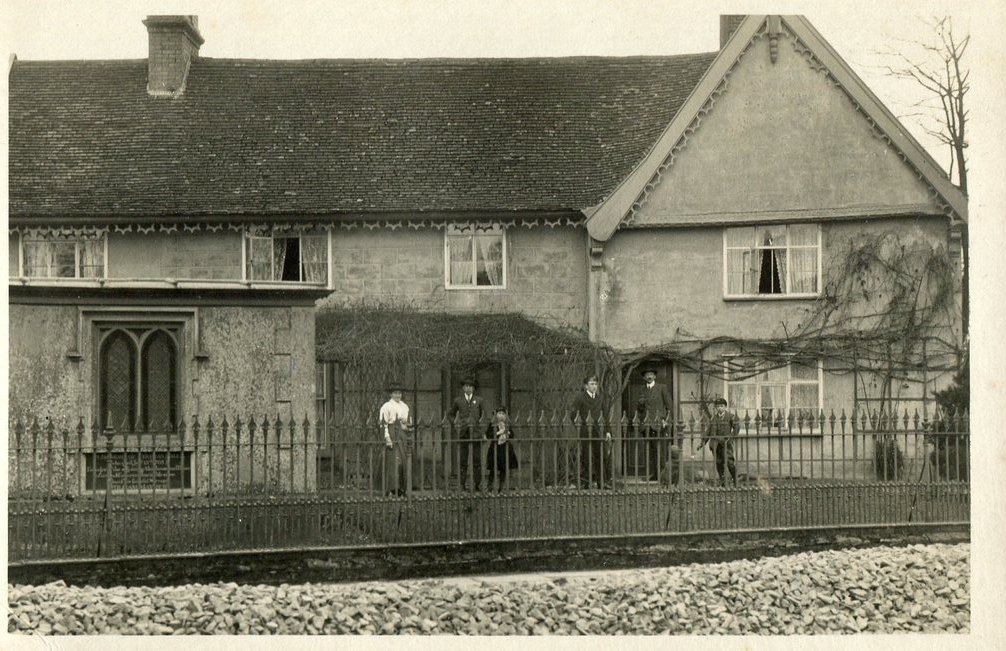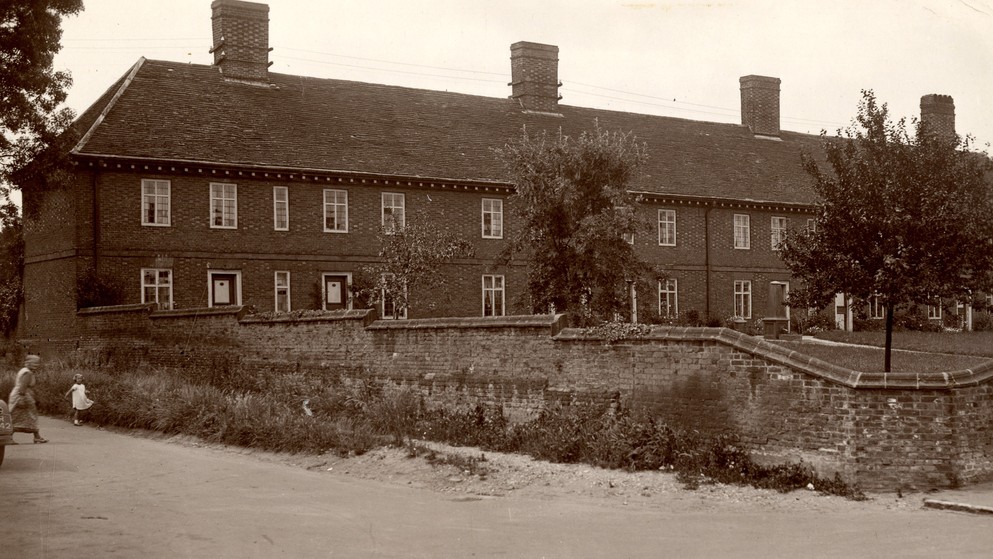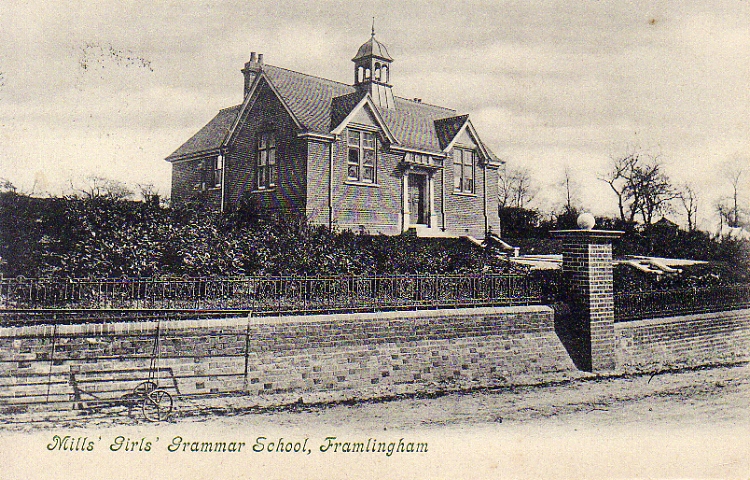
Thomas Mills, born around 1623 and died in 1703, was a Suffolk yeoman who rose to become a man of influence in the area, and a man of significant wealth. He was also a philanthropist: on his death he put most of his estate into a new trust, the Mills Trust, which is still a significant source of grants and aid in the Framlingham area.
Thomas was born in Bramford in around 1623, son of a yeoman farmer, and at the age of 14 was apprenticed to a tailor in Grundisburgh. Tailoring was a highly regarded trade, but he decided it was not for him, and in 1640 he started a new apprenticeship to Edward Smith, a wheelwright in Framlingham. He impressed Smith sufficiently that he employed him as a “journeyman” and principle assistant to Smith. The business flourished, but in 1659 Smith died, his wife soon after. The Smiths had no family, and Thomas inherited the business. The wheelwright business was run from Garden House (what we now think of as “Tomb House”), on the corner of what is now Station Road and Brook Lane.
A close business acquaintance of Thomas was Edmund Groome, a wealthy Pettistree landowner. He died in 1658, also leaving no family save his widow, Alice Groome. Edmund had left everything to Alice, but more distant family members contested this, and Thomas helped her secure her rightful inheritance. Although Thomas Mills had only limited formal education, he was clever and had an intelligent understanding of both business and law. It was clear he was often called upon for his knowledge and acumen, and freely gave of his time helping others and the wider community.
His friendship with Alice Groome blossomed, and they were married in 1662. It was a long and happy marriage, but sadly their only child died young. They lived mainly at the house at Pettistree that Edmund and Alice Groome had lived in, but also at Garden House in Framlingham. Alice died in 1691.
The estate that Thomas inherited from his former employer, and then from his wife, and which he had built up over the years, was extensive. There were many farms and properties in East Suffolk, and also properties in London, including a wharf at Wapping. Thomas developed trading partnerships including for import and export, especially in timber.
A driving influence in his personal life was his Baptist faith. This was a time of religious persecution, and to be a Dissenter – a non-conformist – was a punishable offence. Persecution was somewhat relaxed after 1640, but resumed after the Cavalier Parliament of 1661 which reestablished Anglican uniformity. Thomas led Baptist services – in secret – in a chapel in Lincoln’s Barn, at the other end of Brook Lane by Apsey Green. In the process, he narrowly escaped arrest several times. On one occasion he visited Baptist friends in Melton gaol while in disguise, and left just in time to avoid his own arrest. Charles II’s “Declaration of Indulgence” in 1672 made life easier, but only after James II granted “Liberty of Conscience” in 1687 were Baptists free from persecution.
Even after Baptists were free to worship outside the Anglican Church, non-conformists were restricted in burial in Anglican churchyards, and Thomas built his own tomb in the grounds of Garden House, which is where his body lies to this day.
On his death in 1703, most of his wealth was put into a trust for charitable purposes – the trust that is now the Mills Charity. The purpose of the trust was primarily for the benefit of the poor. Various grants to the poor were given, but principle goals were to be the Almshouse “for the elderly poor of Framlingham” and the Mills School.

The original Almshouse in Station Road, just opposite Brook Lane from the Garden House, still operates, along with other Almshouses in the Town build later.

The Mills School was originally established in a building on the Garden House site, and has taken on different forms in different locations since. At one point in the 20th century it became the Mills Grammar School for girls, as there was other provision for boys under Direct Grant in Framlingham College. When the Direct Grant was ended in 1974, Mills Grammar School and the Secondary Modern School were combined as “Thomas Mills High School”.
See the link in “Sources” below for more information on the Mills Charity, and on how it operates today.
A notable feature of Thomas Mills’ will is that there is no specific provision for Baptists. Despite the persecution he suffered at the hands of Anglicans, his bequests made no distinctions on religious grounds.
From his will:
By will of Thomas Mills. Trust estate consisting of Otleys Manor in Ufford, Farmhouse and farms (374 acres 1R 30P) Workhouse grove and wood grove (6 acres 2R 34P) in Dallinghoo, property + 36 acres 3R 29P in Parham, messuage + 33 acres 1R 1P and land called Lucklorn Land (36 acres 1R 10P) in Framlingham. Farmhouse + 23 acres 1R 6P in Dennington. In all let at £499 18s. p.a.. Applied to support of inmates of almshouses and parochial poor.
Sadly, I can find no portrait of Thomas Mills, but his legacy lives on.
Article by Simon Garrett
References and Sources
- “Thomas Mills – Suffolk Baptist and Benefactor”, J & F Packard, 1980
- “The History of Framlingham in the County of Suffolk”, Robert Loder et al, 1798
- The Mills Charity, https://www.millscharity.co.uk/about-us
- Thomas Mills High School, https://thomasmills.suffolk.sch.uk/about-us/our-history/
- https://heritage.suffolk.gov.uk/media/pdfs/framlingham.pdf
